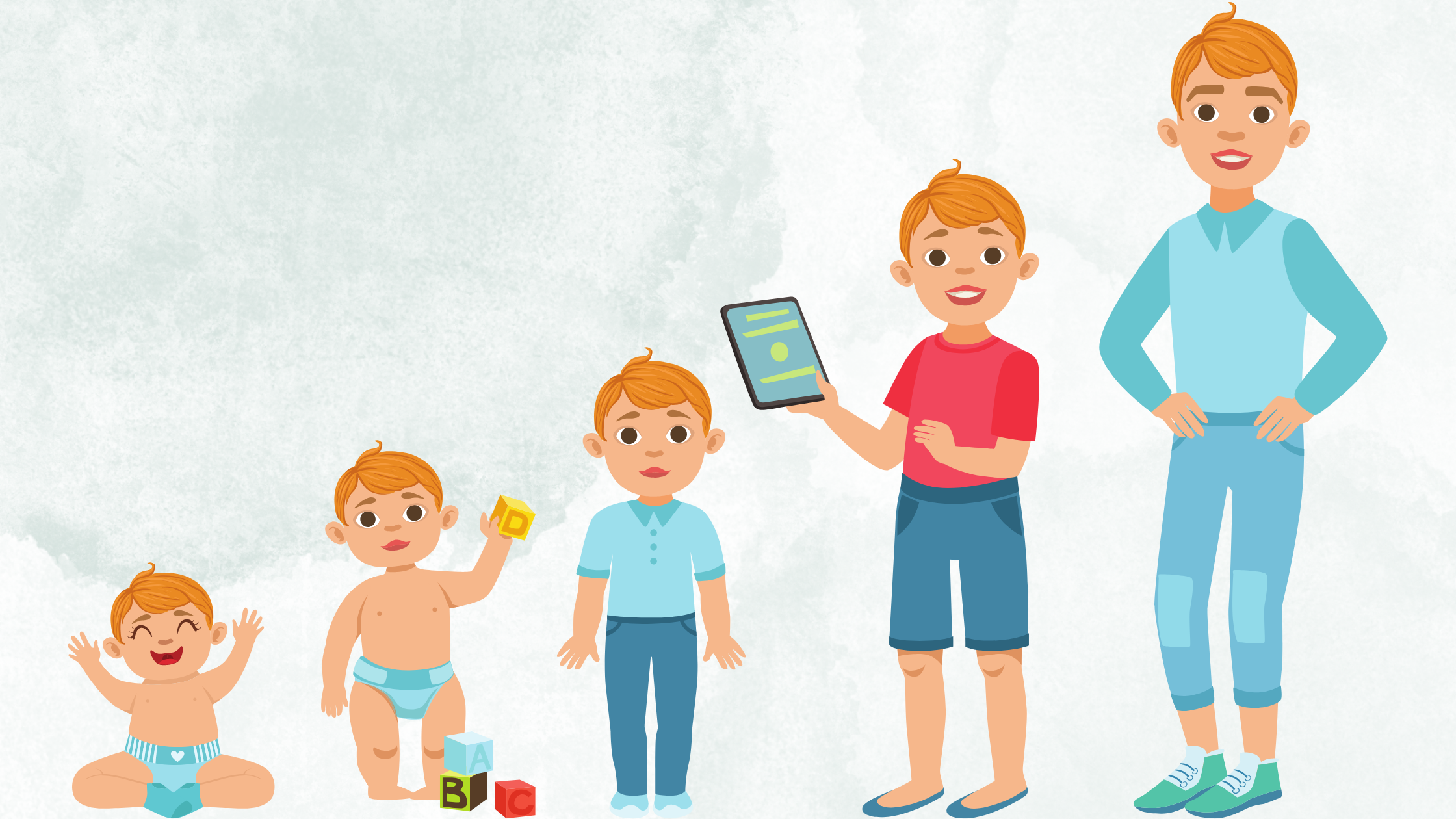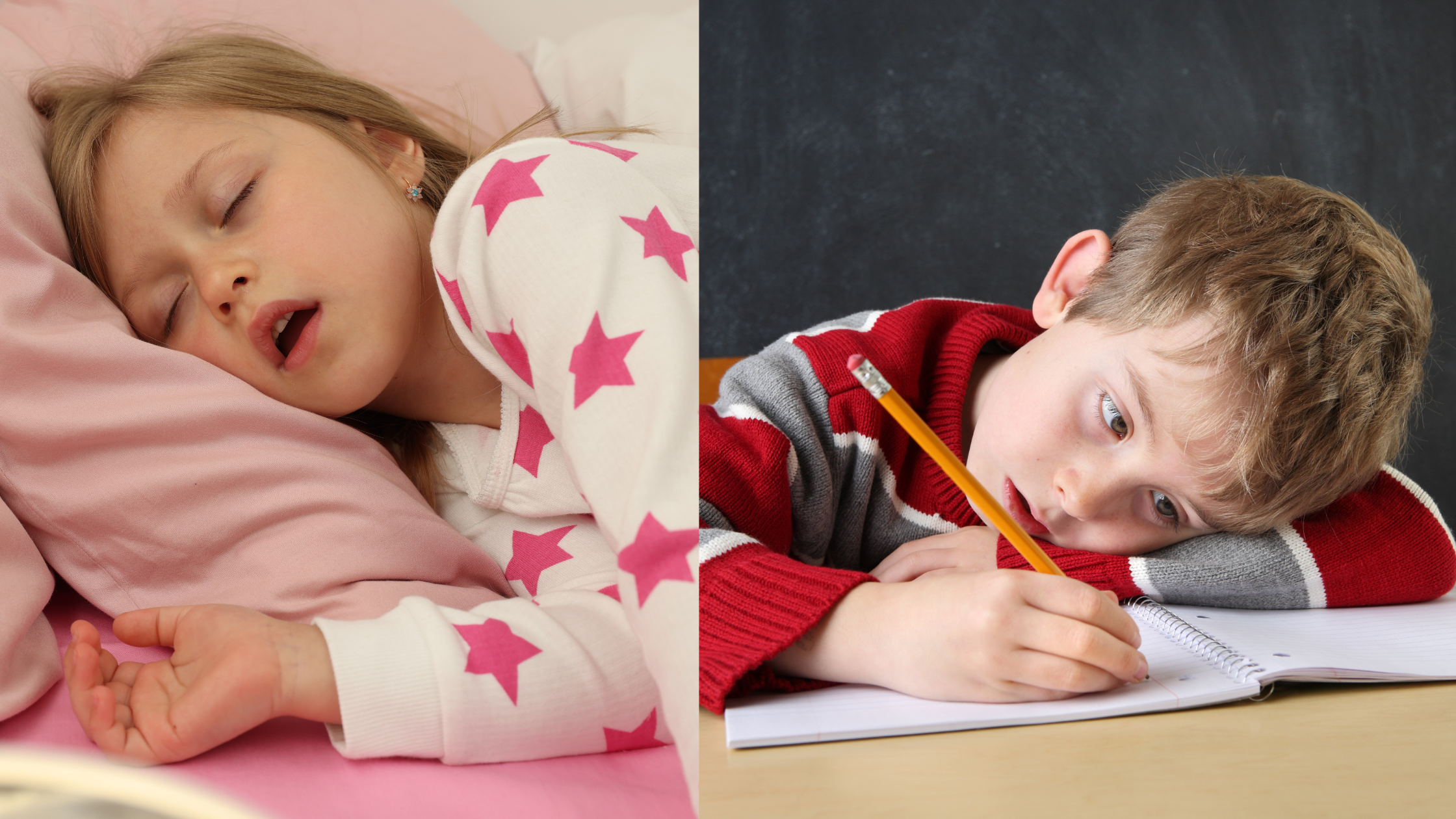A good night’s sleep is essential for a child’s growth, learning, and emotional well-being. Yet many children experience fragmented sleep, waking multiple times during the night and failing to get restorative rest. Understanding why this happens—and its potential consequences—can help parents and caregivers address the issue effectively.
Causes and Consequences of Fragmented Sleep in Children
The Long-Term Effects of Sleep Deprivation in Childhood
Sleep is critical for children’s growth, learning, and emotional development. Yet many children do not get the recommended hours of sleep for their age, whether due to busy schedules, anxiety, sleep disorders, or inconsistent routines. Chronic sleep deprivation in childhood can have consequences that extend far beyond feeling tired the next day.
Sleep is essential for children’s growth, learning, and emotional regulation. Yet for many families, bedtime struggles are common—and sometimes the culprit isn’t sugar or overstimulation from play, but exposure to violent content. From TV shows and movies to video games and even online clips, children are often consuming media that may be far more intense than their developing brains can handle. The effects don’t end when the screen turns off.
Sleep is a cornerstone of health and development, especially for school-aged children. Yet, with early school start times, extracurricular activities, and increasing screen time, many children and teenagers aren’t getting the sleep they need. The consequences go beyond tiredness—lack of sleep significantly affects behavior, emotional regulation, and academic performance in school. Let’s explore how sleep influences school behavior and what parents and educators can do to help.
For years, parents, educators, and scientists have debated the ideal school start time for teenagers. With mounting evidence pointing to the benefits of later school start times, it’s time to reconsider how we structure the school day for adolescents. Research has shown that a simple shift in the school schedule can have profound impacts on students’ learning, health, and overall well-being. This blog post explores how later school start times can lead to better academic performance, improved mental health, and increased safety for students.
Sleep apnea and ADHD are two very different conditions, but they can sometimes present with similar symptoms in children, making it challenging to identify the underlying issue. Both conditions can cause concentration difficulties, hyperactivity, and behavioral issues, which often leads to misdiagnosis and inappropriate treatments. Understanding the differences and overlap between sleep apnea and ADHD can be essential for parents and caregivers seeking the best support for their child’s well-being.
The Long-Term Consequences of Poor Childhood Sleep
As adults, we all know the effects of a bad night's sleep—fatigue, irritability, difficulty focusing. But what if sleepless nights in childhood have more than short-term consequences? Emerging research suggests that poor childhood sleep can have a significant impact on health, well-being, and cognitive function far into adulthood. Understanding these long-term effects can highlight the importance of establishing healthy sleep habits early.
Establishing and maintaining a consistent bedtime routine is one of the most important things you can do for your child’s well-being. Adequate sleep is crucial for children’s physical health, emotional regulation, cognitive development, and overall behavior. However, getting kids to stick to a set bedtime can often be a challenge, especially when there are distractions like screens, activities, or resistance from the kids themselves.
In this blog post, we’ll explore why enforcing bedtimes is so important, how to be strict (but fair) about bedtime rules, and tips to make the process smoother for both you and your child.
Family is often considered a source of love, support, and security. However, when conflicts arise within the family unit, the effects can ripple through every aspect of a child's life—including their sleep. While occasional disagreements are normal in any family, chronic or intense conflict can have a profound impact on a child's emotional and physical well-being, particularly their ability to get restful sleep.
In this blog post, we’ll explore how family conflict affects children’s sleep, the consequences of poor sleep on their development, and strategies parents and caregivers can use to foster a healthier home environment that promotes better sleep for children.
Creating the Perfect Bedtime Routine for Children: Tips for a Peaceful Night
Establishing a bedtime routine for children is one of the most effective ways to ensure they get the sleep they need. A consistent routine helps signal to your child that it’s time to wind down, making the transition to sleep smoother and more peaceful. Not only does a good bedtime routine promote better sleep, but it also fosters a sense of security and predictability, which is essential for your child’s overall well-being. Here’s how you can create a bedtime routine that works for your family.










